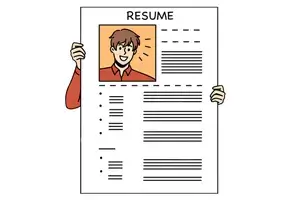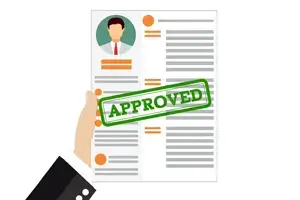Should resumes be one-page?
While it is commonly recommended to keep resumes to one page, there are
situations where a longer resume may be appropriate. The decision on resume
length depends on factors such as your level of experience, the industry you are
in, and the specific requirements of the job you are applying for.
Here are some guidelines to consider:
Entry-level or early-career professionals: For individuals with limited
work
experience, a one-page resume is often sufficient to showcase relevant
skills, education, internships, and any notable achievements.
Mid-career professionals: As you gain more experience and
accomplishments,
your resume may expand beyond one page. Including additional details about
your work history, specific projects, certifications, and relevant skills
can help provide a comprehensive view of your qualifications.
Senior-level or executive professionals: With significant experience and
an
extensive career history, it is not uncommon for senior-level professionals
to have a two-page resume or even longer. However, it's important to
prioritize the most relevant and recent information while ensuring the
document remains focused and easily readable.
Academic or research positions: In academia or research fields, CVs
(Curriculum Vitae) are commonly used, which can be longer than traditional
resumes, particularly when including publications, conferences, grants, and
teaching experience.
Regardless of the length, the most crucial aspect of a resume is its
content. It should be well-organized, highlight your relevant skills and
accomplishments, and effectively communicate your value to potential
employers. Tailor your resume to the specific job you are applying for,
emphasizing the most relevant information and aligning it with the
employer's requirements.
Remember, hiring managers often have limited time to review each resume, so
it's important to be concise, use clear language, and prioritize the most
impactful information.
 Ensuring Perfection Before You Apply
Ensuring Perfection Before You Apply










